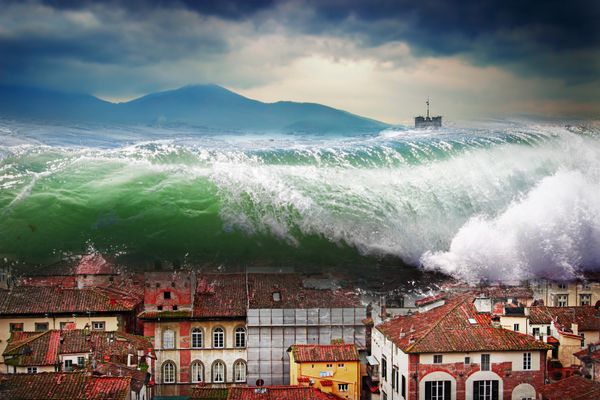7.4.2
Against Secularisation
Explanations Against Secularisation in the UK
Explanations Against Secularisation in the UK
Davie argues that the true extent of religious belief can be seen when ‘interruptions to normality’ occur. Helland discusses the importance of globalisation and the media in shaping religious engagement.


- ‘Believe without belonging’
- ‘Believe without belonging’
- Davie argues that ‘vicarious religion’ is now the norm; the majority choose not to go to church but still associate themselves to the beliefs of the religion.
- Instead, it is the role of the ‘active minority’ to pray on the behalf of the rest of the wider religious community.


Davie
Davie
- However she argues that the true extent of religious belief can be seen when ‘interruptions to normality’ occur.
- For example a natural disaster often causes church attendance spikes for a short period of time.
Explanations Against Secularisation in the UK
Explanations Against Secularisation in the UK
Davie argues that the true extent of religious belief can be seen when ‘interruptions to normality’ occur. Helland discusses the importance of globalisation and the media in shaping religious engagement.


- Online religion
- Online religion
- Helland discusses the importance of globalisation and the media in shaping the way that the public engage with religion. - The growth of the internet has altered the way in which the public can interact with the religious community.
- Therefore religious beliefs are becoming removed from places of worship and transported to a digital space online.


Helland
Helland
- Helland discusses two different ways in which people engage with religion on the internet.


Religion online
Religion online
- Religion online:
- When established religious movements use the internet to communicate messages to their followers.


Online religion
Online religion
- Online religion:
- Where like-minded people can interact in forums to discuss their beliefs in an unstructured format.
- They may create online communities that do not exist in the real world.
1Theory & Methods
1.1Sociological Theories
1.2Sociological Methods
2Education with Methods in Context
2.1Role & Function of the Education System
2.2Educational Achievement
2.3Relationships & Processes Within Schools
3Option 1: Culture & Identity
3.1Conceptions of Culture
3.2Identity & Socialisation
3.3Social Identity
3.4Production, Consumption & Globalisation
4Option 1: Families & Households
4.1Families & Households
4.2Changing Patterns
4.3The Symmetrical Family
4.4Children & Childhood
5Option 1: Health
5.1Social Constructions
5.2Social Distribution of Healthcare
5.3Provision & Access to Healthcare
5.4Mental Health
6Option 1: Work, Poverty & Welfare
6.1Poverty & Wealth
7Option 2: Beliefs in Society
7.1Ideology, Science & Religion
7.2Religious Movements
7.3Society & Religion
8Option 2: Global Development
8.1Development, Underdevelopment & Global Inequality
8.2Globalisation & Global Organisations
8.3Aid, Trade, Industrialisation, Urbanisation
9Option 2: The Media
9.1Contemporary Media
9.2Media Representations
10Crime & Deviance
10.1Crime & Society
10.2Social Distribution of Crime
Jump to other topics
1Theory & Methods
1.1Sociological Theories
1.2Sociological Methods
2Education with Methods in Context
2.1Role & Function of the Education System
2.2Educational Achievement
2.3Relationships & Processes Within Schools
3Option 1: Culture & Identity
3.1Conceptions of Culture
3.2Identity & Socialisation
3.3Social Identity
3.4Production, Consumption & Globalisation
4Option 1: Families & Households
4.1Families & Households
4.2Changing Patterns
4.3The Symmetrical Family
4.4Children & Childhood
5Option 1: Health
5.1Social Constructions
5.2Social Distribution of Healthcare
5.3Provision & Access to Healthcare
5.4Mental Health
6Option 1: Work, Poverty & Welfare
6.1Poverty & Wealth
7Option 2: Beliefs in Society
7.1Ideology, Science & Religion
7.2Religious Movements
7.3Society & Religion
8Option 2: Global Development
8.1Development, Underdevelopment & Global Inequality
8.2Globalisation & Global Organisations
8.3Aid, Trade, Industrialisation, Urbanisation
9Option 2: The Media
9.1Contemporary Media
9.2Media Representations
10Crime & Deviance
10.1Crime & Society
10.2Social Distribution of Crime
Unlock your full potential with Seneca Premium
Unlimited access to 10,000+ open-ended exam questions
Mini-mock exams based on your study history
Unlock 800+ premium courses & e-books